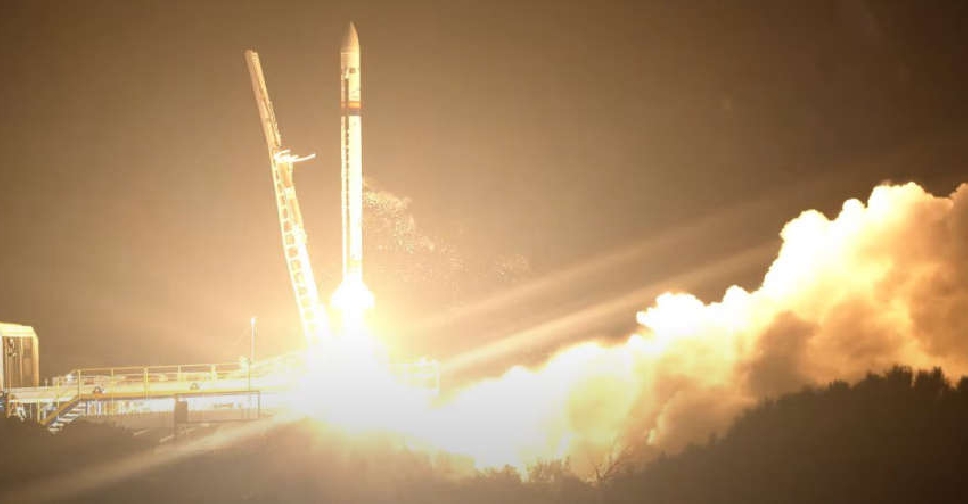
Spanish company PLD Space launched its reusable Miura-1 rocket early on Saturday from a site in southwest Spain, carrying out Europe's first fully private rocket launch.
The startup's test nighttime launch from Huelva came after two previous attempts were scrubbed. The Miura-1 rocket, named after a breed of fighting bull, is as tall as a three-storey building and has a 100-kg cargo capacity.
The launch carries a payload for test purposes, but this will not be released, the company said.
Mission control video showed engineers cheering and congratulating one another as the rocket rose into the night sky.
"My voice is shot after so much shouting," said a triumphant Raul Torres, CEO of PLD Space, shortly after the launch.
He said all rocket systems worked "perfectly", adding that the company would now focus on tripling its workforce. "This is just the beginning."
The flight lasted 306 seconds and reached an altitude of 46 kilometres.
The rocket landed in the Atlantic Ocean and the company will recover it later on Saturday, it said in a statement.
A first attempt to launch the Miura-1 rocket in May was abandoned because of high-altitude winds. A second attempt in June failed when umbilical cables in the avionics bay did not all release in time, halting the lift-off as smoke and flames spewed from the rocket.
Airspace, areas of the sea and roads were closed around the high-security launch site ahead of the launch.
Europe's efforts to develop capabilities to send small satellites into space are in focus after a failed orbital rocket launch by Virgin Orbit from Britain in January.
That system involved releasing the launcher from a converted Boeing 747. Competitors lining up to join the race to launch small payloads include companies in Scotland, Sweden and Germany.
Saturday's mission on the Miura-1 demonstrator was the first of two scheduled suborbital missions. However, analysts say the most critical test will be the development of orbital services on the larger Miura-5, planned for 2025.



 PKK fighters burn weapons in Iraq to start disarmament
PKK fighters burn weapons in Iraq to start disarmament
 UN reports 798 deaths near Gaza aid hubs in six weeks
UN reports 798 deaths near Gaza aid hubs in six weeks
 Russian attack on Kharkiv damages maternity hospital, sending patients fleeing
Russian attack on Kharkiv damages maternity hospital, sending patients fleeing
 Hostage deal nears amid ceasefire talks between Israel, Hamas
Hostage deal nears amid ceasefire talks between Israel, Hamas



